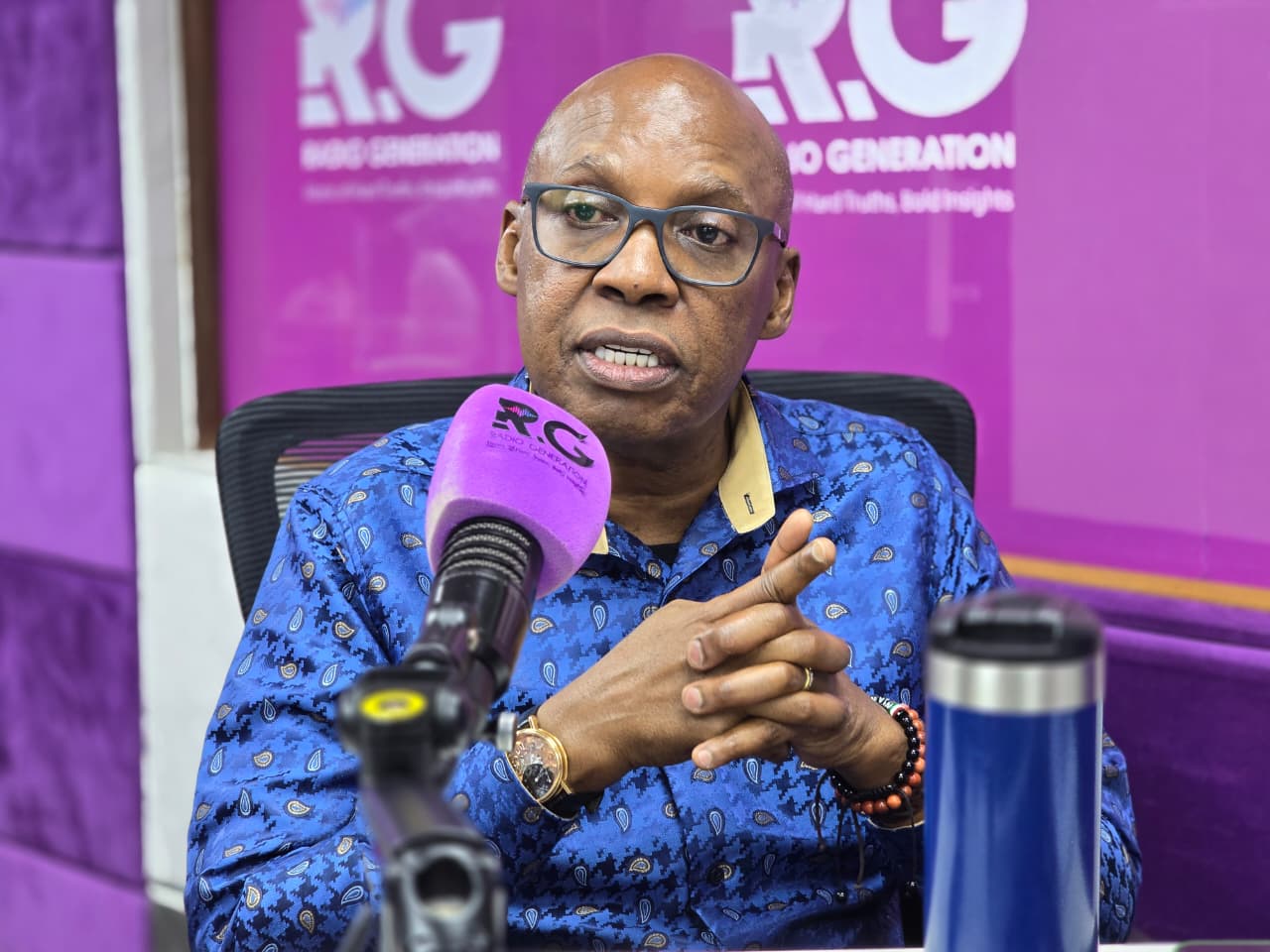Safina Party leader Jimi Wanjigi has urged Kenyans to shift their focus from personality and tribal politics to addressing the pressing economic challenges affecting every household.
Speaking in a Thursday interview with Radio Generation, Wanjigi highlighted that the nation has been gradually evolving in its democratic journey since its first presidential election in 1992.
“Democracy, and I think it's a very good thing for this nation. I believe that previous elections, we've been going through what you call a learning curve. You must understand that we had our first presidential election in 1992, how many years after independence, and we now have transitioned to more and more open space,” he said.
Wanjigi reflected on Kenya’s political landscape, noting that the first genuine two-party presidential race occurred in 2017, a contrast to earlier contests, which involved multiple smaller players, often focused solely on winning.
He explained that the current constitution encourages a broader range of candidates while ensuring a system of checks through its runoff provisions.
“You must understand, it's all premise on winning an election, yes, indeed. But our current constitution is so clear about us getting a consensus, we can be very many candidates. And if in the first round, nobody gets the 50 plus one and does not do the counties, 24 counties plus one or so at win, then you go to a second round where you have the two top candidates, and that's a filter system already built in,” Wanjigi explained.
He said the purpose of this system is to compel candidates to address citizens’ concerns and reach compromises on critical issues, moving the country away from politics rooted in personalities or tribal affiliations.
“The hope of that, of course, is that that filter system brings the issues that the people have raised, and you're forced to compromise on the issues. I'm hoping that this election does that, that we are moving away from personality politics. We are moving away from tribal politics. We are now in the realm of clarity about the issues that plague every home in this nation,” Wanjigi said.
He also addressed a common misconception regarding politics beginning “at home,” clarifying that it refers to addressing the real challenges faced in households across the country rather than tribal identity. According to Wanjigi, these challenges are largely economic.
“One of the things we have, I say, misunderstood. You know, there are people who tell you that all politics begins at home. All politics begins in your home. In your village. Are local. I think it's the terminology, and it has been misconstrued, in my view, to mean tribe, to mean where you come from the that saying meant that they are local to your issues in every home, right? So if you have pain in my home, it it may be similar to the next home and the next home, no matter where you are in the country, right?” he said.
Wanjigi highlighted the economy as the key concern for all Kenyans, citing issues such as unemployment, high cost of living, limited access to credit, underdevelopment, and educational challenges. He emphasized that these problems are universal, affecting citizens in every part of the country.
“That is our local agenda, and that's what I believe we must deal with. And I'm hoping that we are now in the era of issue-oriented politics, not really. It's a different game that's that's our hope and aspiration,” Wanjigi concluded.
